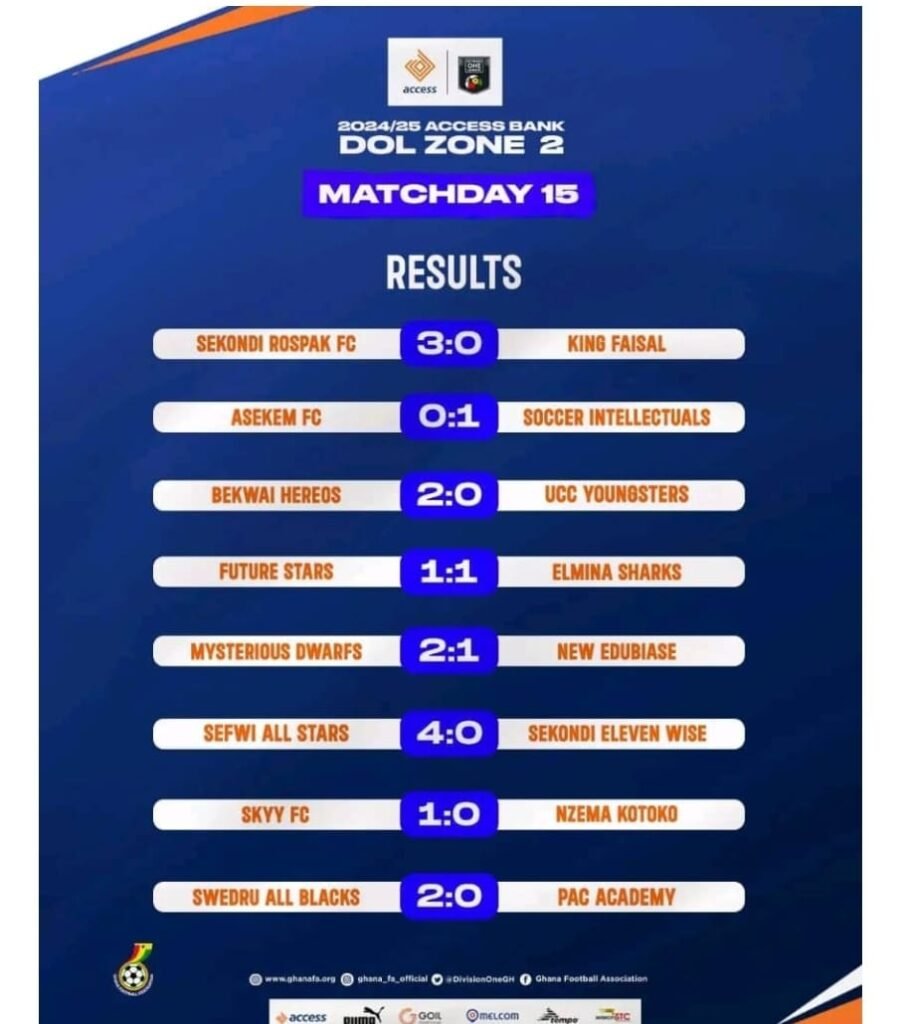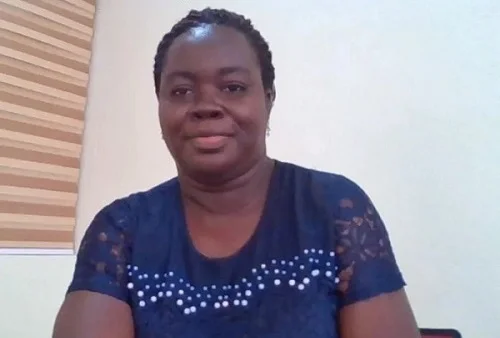Hot!
Eduwatch questions essence of new bill, says Free SHS already has legal backing

Education think-tank Africa Education Watch has raised questions about the rationale behind the government’s decision to introduce the Free Senior High School bill to give legal backing to the policy.
This follows a disclosure at a press briefing ahead of Parliament’s resumption from break on Tuesday addressed by Majority Leader in Parliament, Alexander Afenyo-Markin, on June 11, 2024.
He revealed that a finalised bill is ready for presentation by the Education Minister, Dr Yaw Osei Adutwum. According to him, the move is to prevent any government from attempting to abort the policy.
Speaking to Accra-based Citi FM, Executive Director of Africa Education Watch, Kofi Asare said the policy already has legal backing and does not require another law.
According to him, he rather expects the government to focus on improving the policy by addressing the various challenges plaguing it.
He said, “I am a bit lost because in December 2020 Parliament passed a law called the Pre-Tertiary Education Law which is Act 10(49). This law which was assented on 29th December 2020 has free SHS captured under section 3 which says that ‘Secondary education in its different forms including TVET shall be free and accessible to all eligible candidates. So this provision in the pre-tertiary education law is to give legal effect, is to give binding effect.”
“…I think that perhaps the only reason is, it is a legacy reason. It looks more political legacy kind of style. But in reality, if you ask me the top 10 challenges or problems that require urgent attention on the Free SHS policy, the law would not be in the [space] of 10,” he stated.
Also, the Ranking Member of Parliament’s Education Committee, Peter Nortsu-Kotoe, has already criticised the move.
Nortsu-Kotoe questioned the need for a law to regulate or entrench the Free SHS programme, highlighting the lack of an official policy document on free SHS despite requests made to the previous and current education ministers over the past seven to eight years.
The bill, soon to be presented to Parliament, seeks to regulate and sustain the policy beyond the current government.
Hot!
Swedru All Blacks back to winning ways, Roshan humble King Faisal

Sekondi Rospak FC made it eight wins in eight successive home games after three second-half goals from John Amoah, Joseph Ntow and Stephen Anthony Kofi. John Amoah opened the scoring in the 55th minute after a barren first half. Joseph Ntow added to the tally in the 56th minute before Stephen Anthony Kofi rounded things up in the 74th minute to give Rospak a 3-0 win over former Premier League side King Faisal.
Elsewhere at Swedru – leaders Swedru All Blacks humbled PAC Academy in an emphatic 2-0 win. Zayat Bubakari scored first for Swedru All Blacks in the 27th minute before Rudolf Junior Nana Kwasi Mensah made it 2-0 in the 34th minute. Swedru All Blacks are top of the table with 36 points – 4 points ahead of second placed Rospak FC.
Meanwhile, Former Premier League side Cape Coast Mysterious Dwarfs recorded their fourth successive home victory after beaten New Edubiase United 2-1 at the Robert Mensah Park. Enoch Odoom struck first for Cape Coast Mysterious Dwarfs in the 19th minute but Steven Asante equalized for New Edubiase United before halftime. After the interval, Godfred Eshun scored from distance in the 65th minute to help Cape Coast Mysterious Dwarfs secure all the points.
Here are the results in Zone Two

Hot!
Cervical Cancer alert: Avoid sex at early age

The Programmes Manager of Non-Communicable Diseases (NCDs) of the Ghana Health Service (GHS), Dr Mary Efua Commeh, has advised young girls to avoid sex at an early age.
This, she explained, will give the cervix the opportunity to mature before they become sexually active.
“You need to delay what we call the first sexual intercourse as much as possible to give the cervix the opportunity to mature before the person becomes sexually active,” she said.
Dr Commeh stated this in an interview with The Spectator in Accra on Tuesday as a part of the Cervical Cancer awareness month.
According to her, cervical cancer was the second leading female cancer in Ghana with a total of about 3,072 cases annually, and out of that, 1,815 deaths are recorded, representing more than 50 per cent.
She indicated that “If young girls are going to be sexually active, then you need to talk to your parents about being vaccinated.”
She explained that vaccinating young girls against human papillomavirus (HPV) has been found to be a very effective way of preventing cervical cancer.
“There are countries that started HPV vaccination years ago and they are not seeing any cervical cancers now because they would have eliminated most of the high-risk HPVs in their women. So if the high-risk HPV is not there, then obviously the results on cervical cancers are going to go down,” she added.
Dr Commmey said the HPV vaccination is recommended for young girls aged nine to 14 years, adding that it had been found to be highly effective, not just for cervical cancers but for other HPV-related cancers, such as anal cancers, cancers of the vagina, genital warts, amongst others.
She further elaborated that the idea is to put up a barrier before the HPV comes in and that once a young female encounters it, she is already protected.
She also mentioned that for cervical cancers, the main cause is called HPV infection, saying generally, all sexually active women acquire HPV at some point in their lives.
However, the Programmes Manager of NCDs at the GHS mentioned that the body has a way of clearing the HPV, explaining that it is a natural mechanism that goes on, unfortunately, there are a few women whose HPV persists.
Moreover, she noted that the numbers for Cervical Cancer tend to be much higher because at times, clients would wait, and try all sorts of medications before they finally report to the health facility saying “we actually lose some women before they get to the hospitals with over 75 per cent of the cases coming in its third and fourth stages.”
Dr Commey, therefore, called for public awareness while ensuring the availability of information for prevention and control.
By Jemima Esinam Kuatsinu







